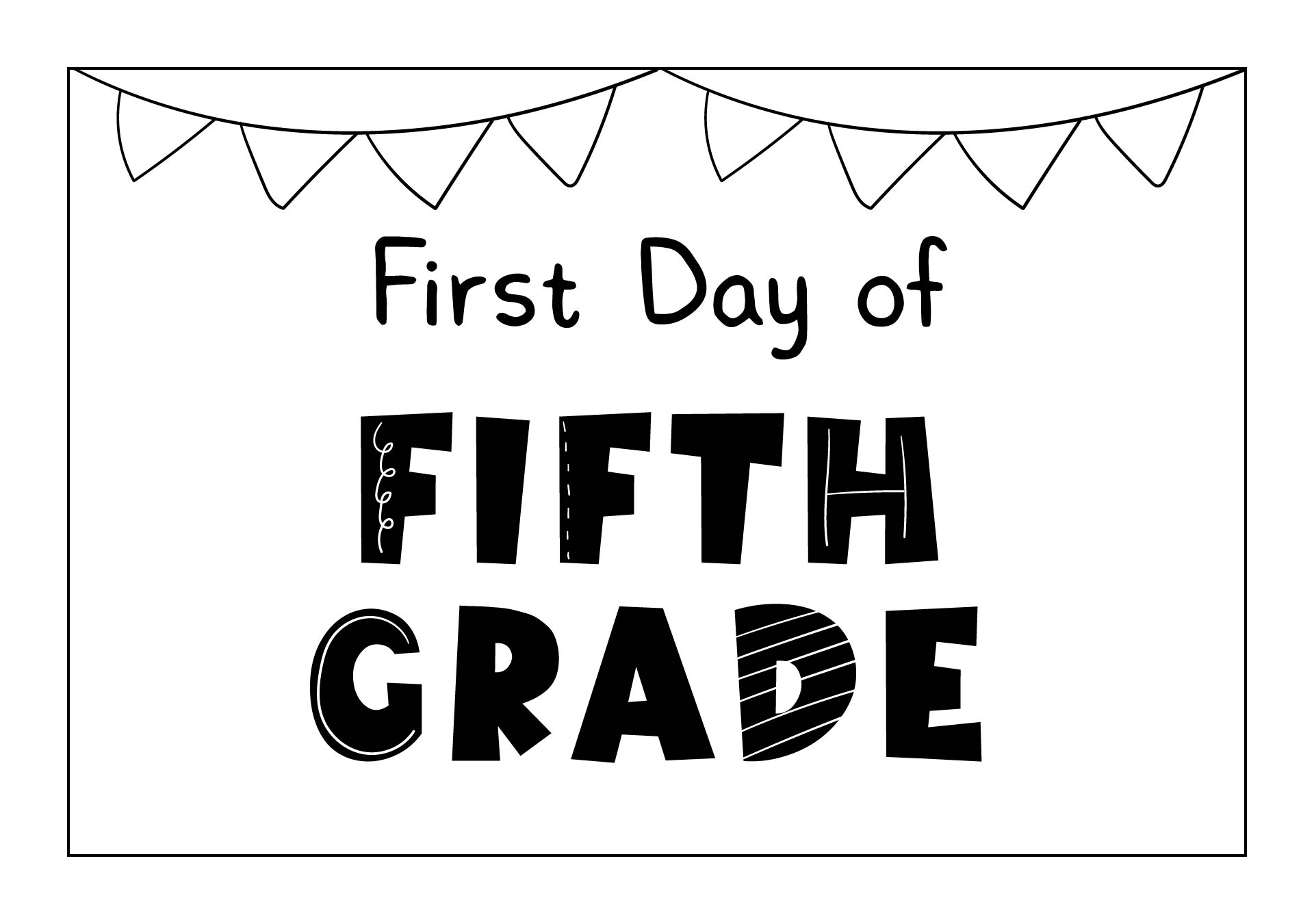First Man, Last Man: A Saga of Humanity's Beginnings and Ends

Who was the first human? And who will be the last? These questions, seemingly simple, have haunted humankind for millennia, fueling creation myths, philosophical debates, and dystopian nightmares. From the dust of the earth to the ashes of a dying sun, the bookends of our species' existence capture the imagination and provoke profound contemplation about our place in the universe.
The concept of the "first man" varies wildly across cultures. Ancient myths speak of figures molded from clay, born from cosmic eggs, or descending from the heavens. Whether Adam, Ask, or some other progenitor, these origin stories attempt to explain our existence, providing a framework for understanding our relationship with the divine and the natural world. The scientific pursuit of the earliest hominids, while lacking the poetic flair of mythology, offers a more tangible, albeit constantly evolving, narrative of our beginnings.
Similarly, the notion of the "last man" carries immense cultural weight. Often depicted in apocalyptic literature and film, the last human symbolizes the ultimate consequence of our actions, a stark reminder of our mortality and the fragility of civilization. This final individual embodies both the tragedy of extinction and the profound isolation of being the sole survivor. Whether facing a desolate wasteland or a technologically advanced but emotionally barren future, the last man represents the end of the human story.
Understanding the narratives surrounding both the first and the final human offers valuable insights into our present. By exploring our imagined beginnings, we can better appreciate the journey of our species and the forces that shaped us. Confronting the potential end of humanity encourages us to reflect on our values, our responsibilities, and the legacy we will leave behind.
These archetypes of the initial human and the ultimate human are more than just abstract concepts; they are potent symbols that shape our understanding of ourselves and our place in the cosmos. They remind us of our shared humanity, our potential for both great creation and devastating destruction, and the importance of cherishing the precious time we have on this planet. The "first man" and the "last man" serve as powerful reminders of our shared human story.
The first humans emerged in Africa millions of years ago, evolving gradually from primate ancestors. The exact lineage and timeline are still being researched and debated by scientists. The importance of understanding these early hominids lies in grasping our evolutionary journey and the factors that contributed to our development as a species.
The idea of a last individual embodies the potential end of humanity. This concept raises important issues regarding our responsibility to future generations, the preservation of our planet, and the potential consequences of our actions. Exploring the "last man" scenario compels us to think critically about our role in shaping the future.
Exploring the concept of the first humans provides insights into topics such as migration patterns, the development of language and tools, and the emergence of complex social structures. The imagined "last man" offers a platform to discuss existential threats, including climate change, nuclear war, and pandemics.
Advantages and Disadvantages of Focusing on First and Last Man Concepts
| Advantages | Disadvantages |
|---|---|
| Encourages reflection on human origins and destiny. | Can lead to fatalistic thinking or despair. |
| Promotes discussion about ethical responsibilities. | May overshadow present-day issues and concerns. |
| Provides a framework for understanding human progress. | Can be misinterpreted as minimizing individual experiences. |
Tips and Tricks for exploring these concepts: Consider reading works of science fiction, researching human evolution, and engaging in philosophical discussions about the meaning of life and the future of humanity.
From the first hesitant steps of our earliest ancestors to the potential final moments of our species, the narrative of humanity is a complex and compelling one. The concepts of the first and the last human serve as powerful reminders of our shared journey, our capacity for both creation and destruction, and the profound responsibility we have to safeguard our future. By exploring these ideas, we gain a deeper understanding of ourselves, our place in the universe, and the importance of making each moment count. Let us learn from the past and strive to create a future worthy of the long chain of humanity that stretches from the first man to the last. This exploration encourages us to consider the legacy we leave behind, not just for future generations, but for the very planet that sustains us. It is a call to action to protect and preserve the precious gift of life, so that the story of humanity, however it ends, is one of resilience, compassion, and hope.
The allure of vu long navigating the chinese acting landscape
Exploring the verdant universe of benjamin moore green paint
Boost your rav4s performance the ultimate guide to engine air filter replacement













